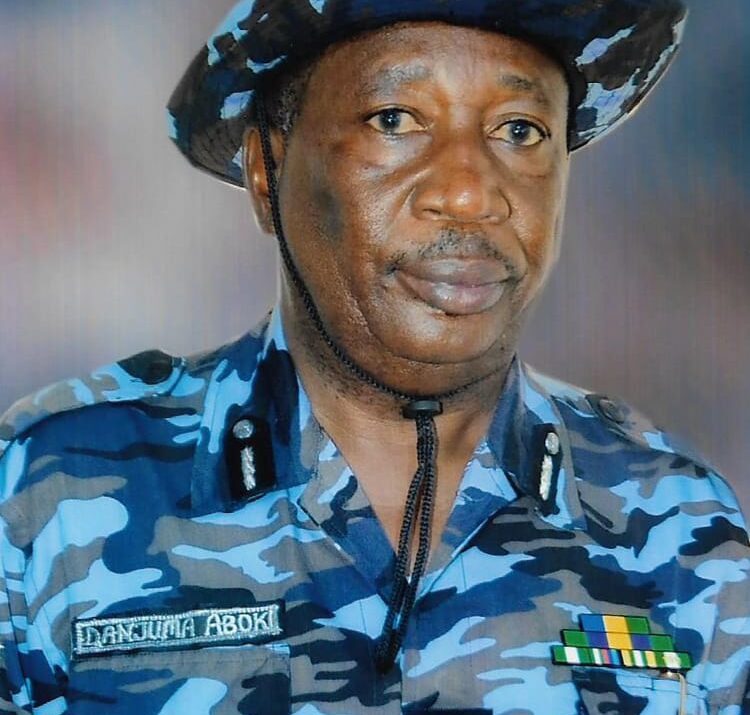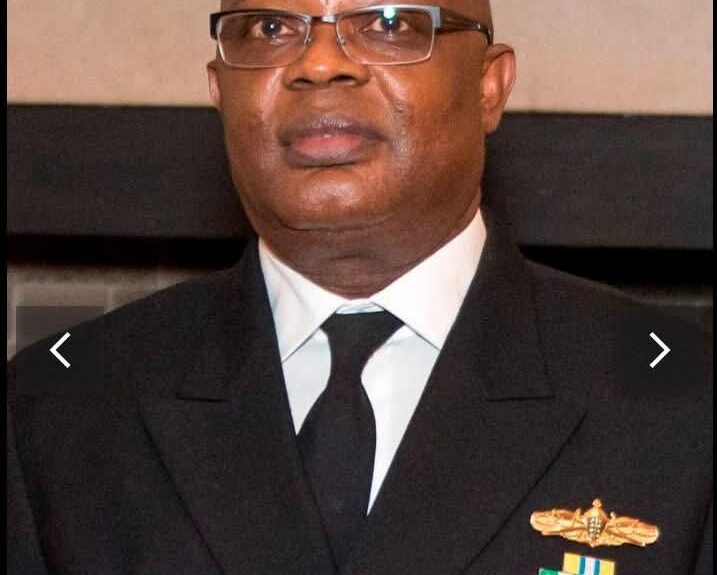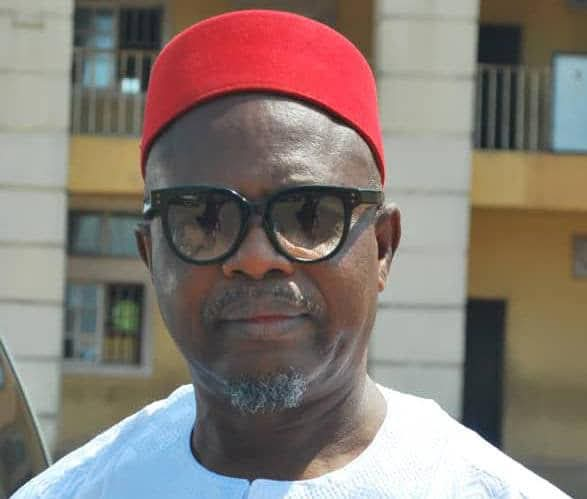By Engr. Chibuikem Diala
In recent years, Okigwe Zone in Imo State has become a flashpoint of insecurity in the South East. Once known for its fertile lands, strategic location, and vibrant communities, the zone is now frequently in the news for violence, abductions, and killings by non-state actors. Just last month, five persons were gruesomely murdered in Ezinnachi Okigwe. Also, Hon Ngozi Ogbu, a former legislator representing Okigwe State Constituency was kidnapped in Onuimo area for days, yet the silence from many of those elected to represent the people has been deafening.
Okigwe Zone is not without leadership. The zone is represented by a sitting Senator for Imo North, two members of the House of Representatives, the Speaker of the Imo State House of Assembly (from Ihitte Uboma), five other members of the State House of Assembly, 6 Local Government Chairmen and hundreds of councillors. These are not small offices. They are positions entrusted with the moral and political responsibility to give voice to the people in times of crisis. Yet, in the face of escalating insecurity, their collective silence has been described by many as “the silence of the lambs.”
Leadership matters in times of turbulence. Security challenges are not resolved by arms alone; they require vision, courage, and the trust of the people. True leaders must take responsibility to educate and enlighten citizens about the dangers of aiding non-state actors, to build trust in security systems, and to protect sensitive information that, if leaked, endangers entire communities. This kind of moral and practical leadership is what Okigwe Zone urgently requires.
The government, both at the state and federal levels, must also demonstrate a renewed commitment to ending this crisis. It is not enough to deploy troops or increase checkpoints. While kinetic means—military presence, arrests, and tactical interventions—are necessary to combat violent groups, non-kinetic strategies are equally crucial. These include dialogue, socio-economic empowerment, re-orientation & rehabilitation of vulnerable youths; and creating pathways for peaceful reintegration. Best practice globally shows that insecurity is sustainably addressed only when root causes such as poverty, unemployment, and distrust of institutions are tackled alongside military action.
It must also be said that while the language of freedom and self-determination is not in itself wrong, it must never be pursued through violence, kidnapping, or bloodshed. Genuine freedom struggles succeed only when they are rooted in peace, dialogue, and respect for human life. Part of the non-kinetic solution in Okigwe Zone must therefore be deliberate collaboration between leaders, communities, and even aggrieved groups to set up Okigwe Zone ‘Truth, Peace, Reconciliation, and Restoration Committee’. Such a body would not only provide an avenue for dialogue and reintegration but also give families who have lost loved ones a sense of closure, healing, and justice.
Communities also have a vital role to play. Security is not solely the responsibility of the police or army. Villages, town unions, and faith leaders must be proactive in discouraging harboring of criminals. Information sharing is a weapon as powerful as any gun; when citizens trust their leaders and security agencies, they become active partners in identifying threats before they escalate. Okigwe Zone must rediscover this culture of communal vigilance and solidarity if it is to regain peace.
Amid this troubling silence from most elected representatives, one voice has remained consistent. Senator Athan Nneji Achonu, popularly known as the “One-Arm General,” has not shied away from speaking truth to power. Though he currently holds no political office, his statements, advocacy, and visible concern for the plight of Okigwe zone people stand as evidence of his unwavering love for the zone and Imo State in general. His voice proves that leadership is not only about position—it is about conviction, courage, and sacrifice.
Okigwe Zone is at a crossroads. The killings, kidnappings, and fear cannot become the new normal. Leaders must rise above silence and complacency, communities must stand firm against the enemies within, and government must combine kinetic and non-kinetic tools to reclaim the peace. Anything less would be a betrayal of the generations yet unborn.
Chibuikem Diala (Chibuike Ogbuagu III)






